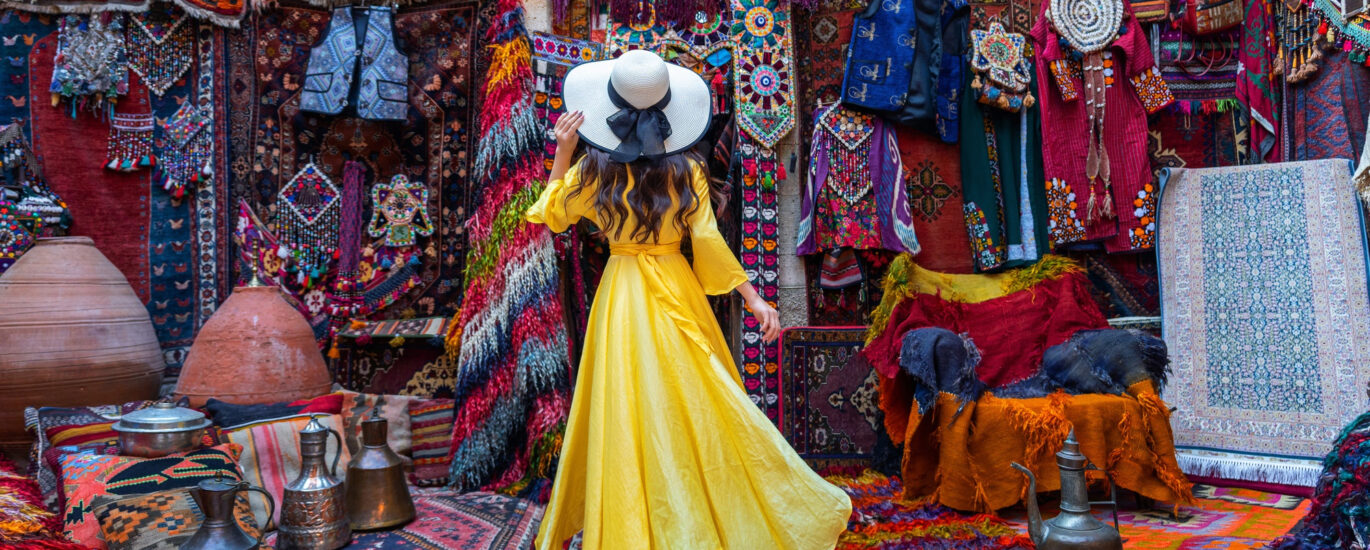
Why is our factory in Egypt?
In the dynamic realm of textile manufacturing, the location of production facilities can profoundly impact a company’s triumph. Sokhna Textile Weaving Company’s astute decision to establish its textile factory in Egypt, specifically within the flourishing Ataqa Public Free Zone, reflects meticulous consideration of factors that can steer success.
This article delves into the rationale guiding this choice and the myriad benefits that render Ataqa Public Free Zone an irresistible magnet for industrial expansion in the textile industry.
Egypt’s Appeal: A Textile Haven
Egypt, with its rich historical tapestry, advantageous geographical position, and business-friendly milieu, has historically beckoned global investors. In the present context, the country’s amalgamation of advantages positions it as a coveted destination for companies contemplating manufacturing expansion. Sokhna Textile Weaving Company’s verdict to anchor its growth in Egypt stems from several pivotal considerations:
1. Skillful Workforce:
Egypt boasts an expansive and adept labor pool, steeped in the legacy of textile expertise. This ensures Sokhna Textile Weaving Company can readily access a talent reservoir primed to contribute to the factory’s triumph.
2. Market Proximity:
Egypt’s strategic geographic vantage facilitates convenient access to pivotal markets across Europe, the Middle East, and Africa. This, in turn, empowers Sokhna Textile Weaving Company to seamlessly disseminate its products to a diverse clientele.
3. Government Incentives:
The Egyptian government’s proactive stance in courting foreign investment is underscored by a bouquet of incentives encompassing tax advantages, infrastructural backing, and streamlined administrative processes. These incentives orchestrate a reduction in operational overheads, optimizing the company’s financial landscape.
4. Infrastructure Progress:
Egypt’s ongoing infrastructure enhancements, spanning ports, transportation networks, and logistics, amplify connectivity and the ease of conducting business.
Ataqa Public Free Zone: The Epitome of Precision:
Within Egypt, Sokhna Textile Weaving Company’s preference for the Ataqa Public Free Zone as its manufacturing nucleus underscores the zone’s intrinsic allure:
1. Strategic Nexus:
Nestled in proximity to key ports and transportation nodes, Ataqa Public Free Zone’s positioning eases the import and export of raw materials and finished products. This catalyzes cost and time efficiency, bolstering the company’s competitive edge.
2. Fiscal and Customs Perks:
Enterprises ensconced within public free zones relish customs and tax benefits, facilitating fluid movement of imports and exports. This results in seamless logistics and fiscal optimization.
3. Infrastructural Eminence:
The Ataqa Public Free Zone boasts modern infrastructure and robust utility services, minimizing operational hitches and amplifying production efficacy.
4. Ecosystem Synergy:
The free zone’s ecosystem nurtures networking and collaborative prospects among entities spanning diverse industries. This symbiotic dynamic can engender synergistic gains, resource sharing, and an ambiance conducive to organic growth.
Sokhna Textile Weaving Company‘s strategic decision to establish its textile factory within Egypt’s Ataqa Public Free Zone echoes sagacious deliberation. Egypt’s reservoir of skilled labor, market proximity, government incentives, and infrastructural strides corroborate its stature as an eminently desirable destination for manufacturing expansion. Ataqa Public Free Zone, with its strategic emplacement, fiscal perks, avant-garde infrastructure, and collaborative environment, crystallizes this verdict. As Sokhna Textile Weaving Company embarks on its voyage toward expansion and success, its association with Ataqa Public Free Zone unfurls an auspicious chapter in its narrative.


